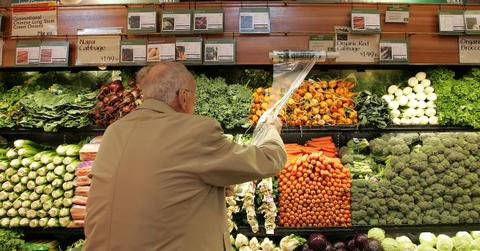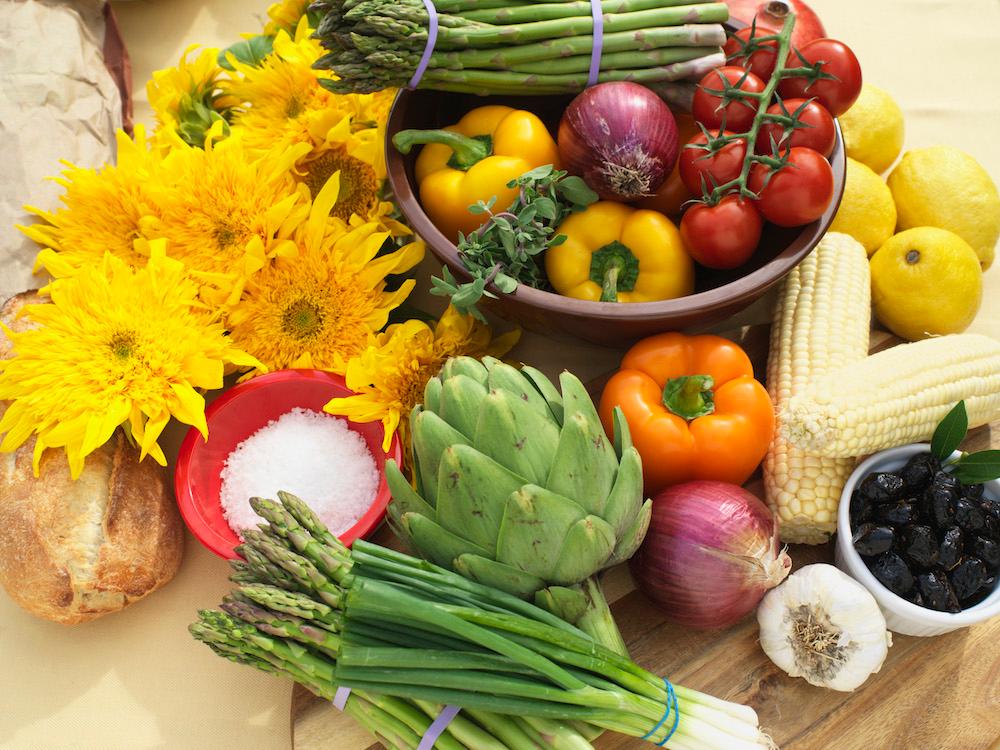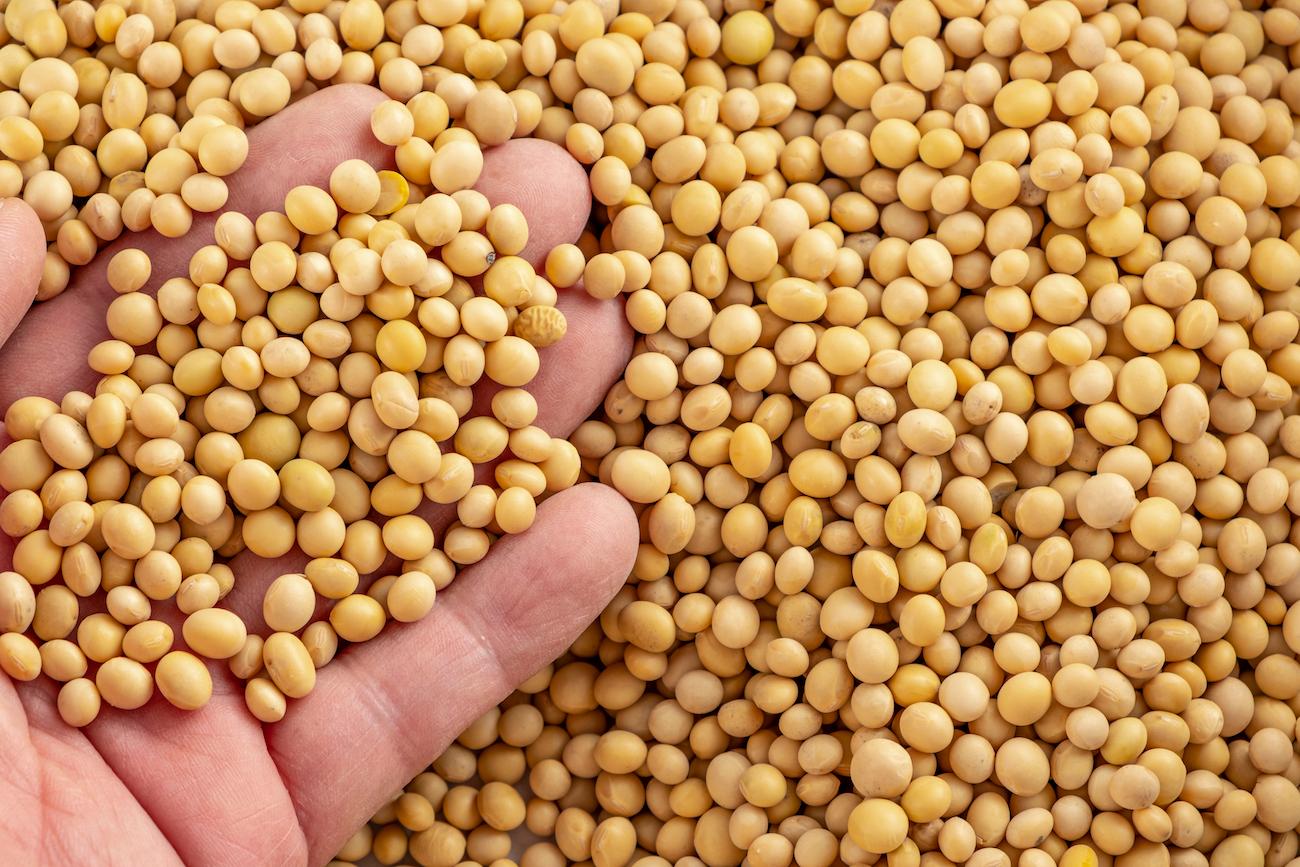Bioengineered Food: Is It Safe? Pros and Cons to Know Before You Shop
Updated Nov. 14 2023, 3:14 p.m. ET

The Gist:
- Bioengineered food is another word for food that has been genetically modified, better known as "GMOs."
- Benefits of bioengineered food include resistance to pests and disease, as well as bigger and faster growth rates.
- Some negatives of bioengineered food include creating antibiotic resistance and uncertain consequences.
Over the years, several innovations have been made in the agricultural industry to improve grocery stores. Food scientists and farmers are constantly working behind the scenes to develop new things, and now, we have something called bioengineered food.
But what exactly is bioengineered food and what does it mean for food safety? Bioengineered food is more common than you might think, and you can buy it right now.

What is bioengineered food?
Put simply, bioengineered food is any food that's been genetically modified, aka genetically modified organisms or GMOs. They have become an everyday part of food in grocery stores worldwide.
According to National Geographic, not all GMOs are made in a lab. People have been breeding certain foods together to make new things for thousands of years. For example, corn, salmon, soybeans, and more have all been produced through genetic modification.
Pros to bioengineered food, aka GMOs:
There are many benefits to bioengineered food — they can last longer on shelves, and they are resistant to pests and different diseases. Plus they can grow bigger and faster so they hit store shelves sooner. Now, GMOs can be created in large-scale operations in labs as opposed to one person trying to create a fusion between an apple and an orange in their backyard.
Of course, there are some positives to GMOs. They can remove certain things that are harmful to human health, such as mycotoxins which are linked to higher rates of liver cancer. And the more resistant these crops are to diseases and pests, the fewer chemicals like pesticides, insecticides, and herbicides need to be used.
Unfortunately, there are some dangers when it comes to GMOs and they can outweigh the benefits involved.

Why are GMOs dangerous?
Per the National Library of Medicine, genetically modified foods can negatively impact the human body. For one, they can cause diseases immune to antibiotics, which puts your health at risk with no way to fight off the illnesses.
Plus, there's no way to be sure how GMOs' DNA will react to DNA in people, animals, or the environment. Unforeseen allergies in people and animals and consequences to the food chain of a particular ecosystem are just two examples.
The Center of Food Safety also points out that genetically modified food is "inherently unstable." The companies making GMOs may not understand enough about putting different genes together, which could have all kinds of consequences over time. Foods once considered safe could become toxic once they become unsteady, which could cause problems. This is especially true when you consider how widely these foods are distributed.
On top of this, GMOs are a particular danger to the environment because they could cause a decrease in biodiversity. The World Health Organization states that if the altered gene were to escape into the wild, it could eradicate species that are not intended targets, leaving ecosystems vulnerable to diseases they can't fight off.
This article, originally published on May 8, 2023, has been updated.